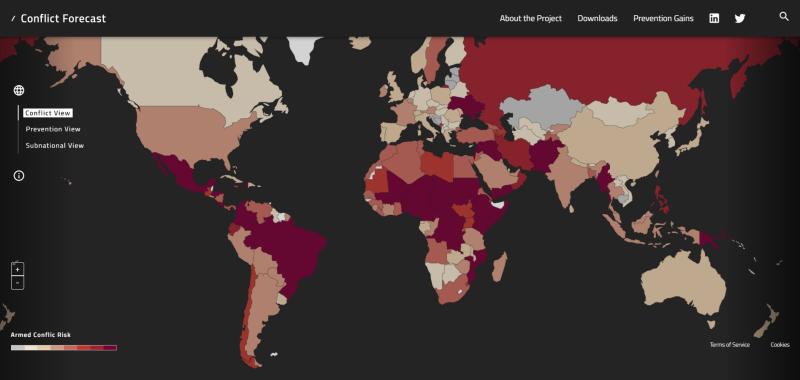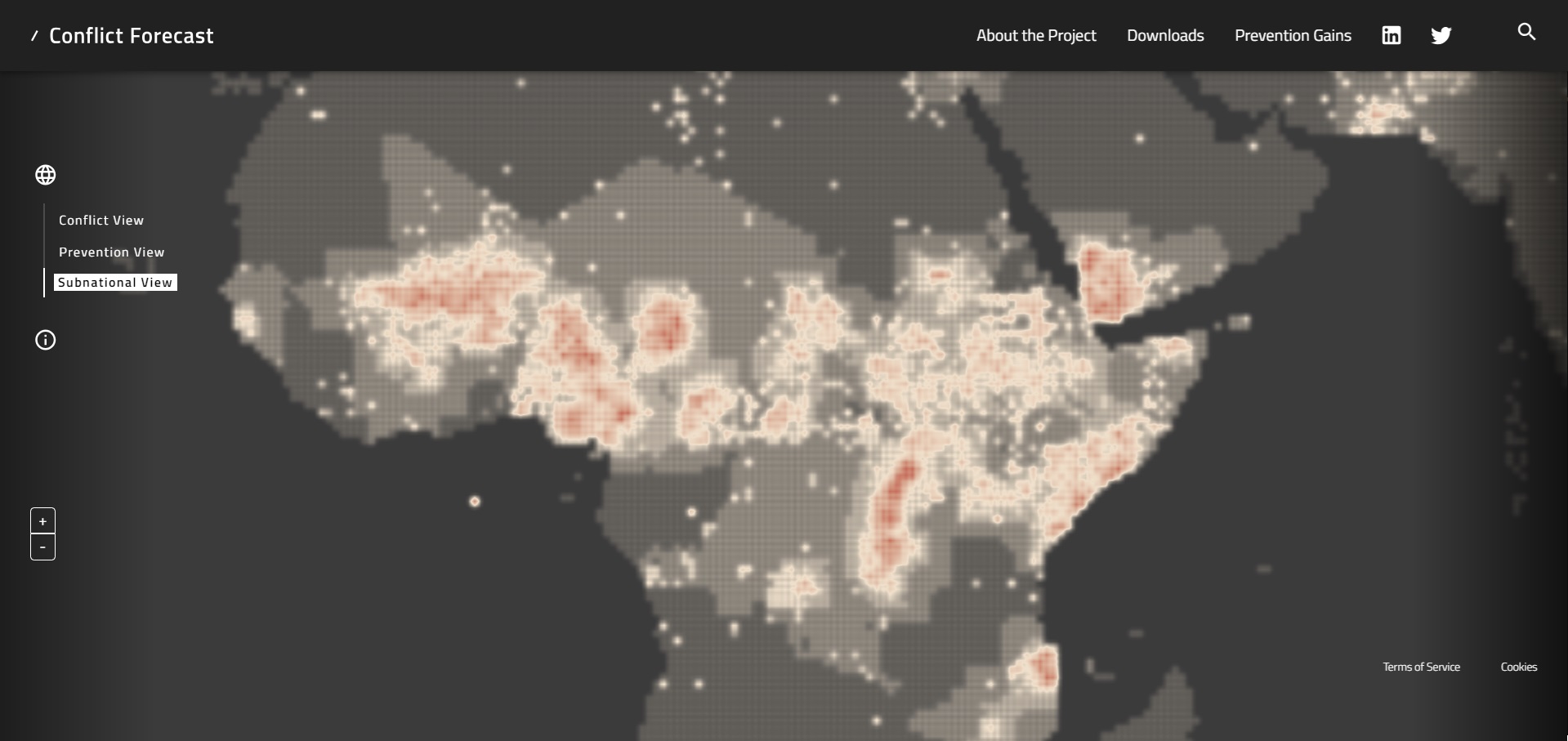Violent events not only cause immediate suffering but have secondary impacts by preventing access to critical infrastructure and services.
Disruption could be due to:
- Physical barriers: destruction of critical infrastructure and services centres.
- Operational barriers: blockage of infrastructure and shutdown of essential services centres.
This can lead to access disruption - interruption or restriction of people's ability to reach and use critical infrastructure and services. It also makes it difficult to accurately design operational response and coordinate humanitarian support.











